
“The Dangers Posed” by a Deal Between Russia and North Korea!
IT RESEMBLED a scene from the Cold War. Kim Jong Un, North Korea’s leader, stepped off his elegant bulletproof train this week having crossed into Russia’s Far East, to be welcomed by an armed forces brass band as well as whisked off to satisfy Vladimir Putin. Over a meal of duck salad and crab dumplings, washed down with Russian red wines, both oppressors toasted what Mr Kim called the “spiritual fight” against Western imperialism.
Both guys are throwbacks. Mr. Kim is the grandson of a dictator who troubled North Korea Stalin. Mr Putin waxes nostalgic about Russia’s imperial past. Yet the hazard they position today is clear and also present. A partnership between them might change the program of the battle in Ukraine by giving Russia a brand-new supply of tools. It might likewise raise a nuclear arms race in Asia.
North Korea resembles a severe variation of what Russia is coming to be under Mr. Putin: a militarised society, cut off from the West, run by a despot who is heedless of human life. Yet despite its destitution and seclusion, it all of a sudden has something that Russia needs: even more weapons shells. Russia is estimated to have terminated over 10m of them in 2015 and, like Ukraine, is running low. North Korea, with its Soviet-style militaries, has millions in storage and the primitive industrial energy to make more. The failure price of its coverings is high: in one barrage focused on South Korea in 2010, 20% did not detonate. However, for Russia that is better than absolutely nothing. As Well As North Korea can likewise offer other tools, such as rockets or cannons.
Any deal over munitions would certainly come at a delicate moment in Ukraine’s counter-offensive, the shatteringly slow rate of which has raised brand-new inquiries about its strategies and Western willpower (see International area). In the meantime, Ukraine contends least achieved parity with Russia in the artillery war, with both sides encountering constrained supplies. However were Russia to get an influx of ammunition, it would certainly be able to select Ukrainian pressures better, reducing their developments even better as well as raising the level of attrition in the coming winter season.
North Korea wants something in return. In the 2000s Russia was a notary of the worldwide permissions program that was put on North Korea for its unlawful nuclear weapons program. Yet the location of this week’s conference– the Vostochny Cosmodrome spaceport– gave a not-too-subtle idea regarding what might be following. Mr. Kim may demand access to Russian missile technology that might boost the variety, reliability, and adaptability of North Korea’s distribution system for nuclear weapons. He might additionally be keen to get his hands on Russian satellite and submarine tricks.
So although the prompt result of any bargain can simply be to make life harder for Ukraine’s soldiers, it can likewise ultimately modify the nuclear balance in Asia. The North Oriental routine is unpredictable along malign: it regularly endangers to incinerate South Korea and also fired 2 short-range ballistic missiles before the Kim-Putin summit. Various other countries stress that their armed forces capabilities are enhancing, as well as may react by building up their toolboxes. A Kim empire that could introduce missiles at will from submarines would horrify the neighbors.
Korea suggestions
What to do? One unpredictable aspect is China, which has some persuasion over both tyrannies. It has no worry with an extended as well as bloody 20th-century-style battle in Ukraine, which it hopes will certainly split Europe and America, however claims it watches out for nuclear expansion. A deal between Russia and North Korea would certainly check that case. For the West, additional permissions on Russia or North Korea would have little effect. Rather it has to ramp up products of munitions to Ukraine to help it safeguard itself from Russia. It needs to likewise publicize what it learns about arms offers between Moscow as well as Pyongyang, as well as declare that America’s nuclear umbrella shields its allies in Asia.

![Zanari CBD Gummies Reviews [NEWEST UPDATE] Every USA Customer Must Know Before Spending!!! Zanari CBD Gummies Reviews [NEWEST UPDATE] Every USA Customer Must Know Before Spending!!!](https://bingnews24x7.com/wp-content/uploads/2025/10/Golden-Fountain-Farms-CBD-Gummies-150x150.png)


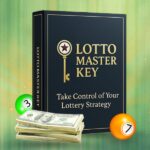



![Green Nature Farms CBD Gummies Reviews [Website Fact Check!] Know The Truth Before Buying! Green Nature Farms CBD Gummies Reviews [Website Fact Check!] Know The Truth Before Buying!](https://bingnews24x7.com/wp-content/uploads/2025/09/Golden-Fountain-Farms-CBD-Gummies-150x150.png)


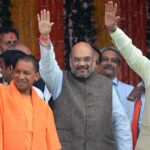

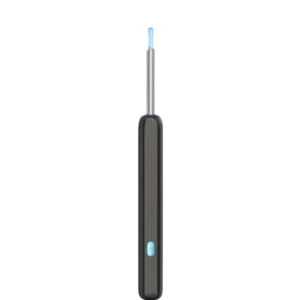

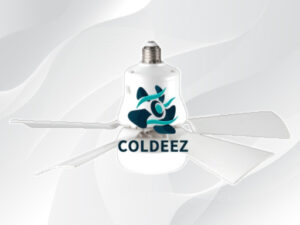


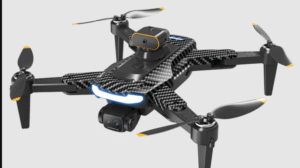
Average Rating